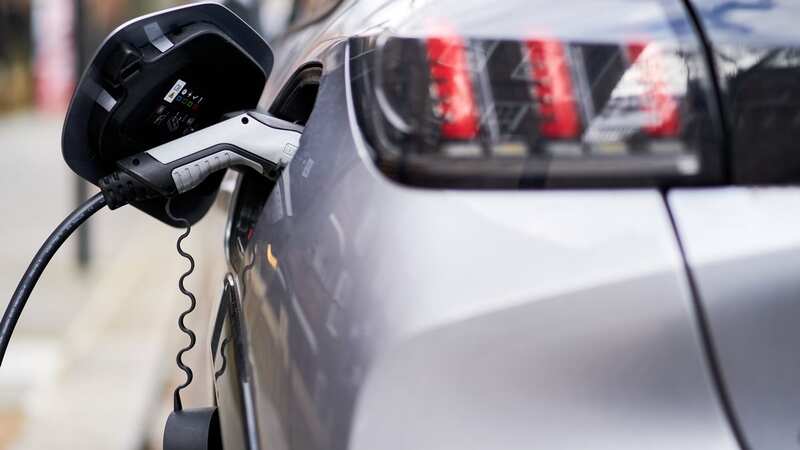Electric cars could cut oil imports as much as new drilling licences would

Analysts have suggested that electric vehicles (EVs) could reduce the UK's need for petrol and diesel imports as much as new oil production licences, and even surpass them after 2030.
The Energy and Climate Intelligence Unit (ECIU) has revealed that there are already about one million EVs on British roads, with an additional 5.3 million expected by 2030. Starting this month, the Government's Zero Emission Vehicle mandate requires car manufacturers to sell more and more EVs, aiming to speed up the transition away from combustion engines.
According to ECIU analysis, these 6.3 million electric cars in 2030 could decrease the demand for oil so much that it would be equivalent to the impact of the Government's policy of allowing more North Sea drilling on reducing fossil fuel imports.
The Offshore Petroleum Licensing Bill, currently being considered in the Commons, would require the North Sea regulator to invite applications for new projects annually, rather than when deemed appropriate. Ministers believe this will enhance the country's energy security by lessening the need to import oil from potentially hostile foreign countries.
Dr Simon Cran-McGreehin from ECIU said: "The licensing debate only distracts from a more permanent solution to securing the UK's energy independence which means building out British renewables more quickly to power homes and EVs as well as cutting energy waste by insulating roofs. The Government's recent track record on some of these policy areas is less than stellar."
 British Gas makes huge change to prepayment meters after investigation
British Gas makes huge change to prepayment meters after investigation
In September, Prime Minister Rishi Sunak put off the date for stopping new petrol and diesel car sales from 2030 to 2035. The OBR thinks this might slow down people switching to other options. Critics say Sunak isn't giving enough attention to climate issues, leaving them out of his top five priorities, and not keeping up the UK's role in reducing emissions.
The Government says the UK has cut emissions more than any big country since 1990, but most of these cuts were before they came into power and because coal isn't used much for electricity now. ECIU found that just 20% of oil from UK fields is turned into petrol here, and by 2030 it'll be only 1% because we won't need as much.
Most North Sea oil is sold to other countries, and the Government doesn't think it's good to make companies keep oil for the UK. Most of the UK's oil exports go to Europe, where it's turned into products used back in the UK.
Dr Cran-McGreehin stated: "The Government's electric vehicle mandate policy is, in effect, an energy security policy weaning us off foreign oil imports as the North Sea's output inevitably declines. But as the OBR has noted, last year's Government U-turn on the phase-out of sales of new petrol cars will likely reduce the number of EVs that might have been on the UK's roads, weakening our energy security, leaving us more dependent on foreign oil."
A spokesperson for the Department for Energy Security and Net Zero said: "We still rely on oil and gas for most of our energy needs and backing domestic supply bolsters energy security by reducing the reliance on foreign imports, supporting 200,000 jobs and bringing in in tens of billions of tax which we can invest in helping people with cost of living. At the same time we are powering our transition to more renewables and low carbon alternatives with an expected £100 billion investment by 2030 in technologies such as offshore wind, solar and carbon capture."
* An AI tool was used to add an extra layer to the editing process for this story. You can report any errors to [email protected]
Read more similar news:
Comments:
comments powered by Disqus

































